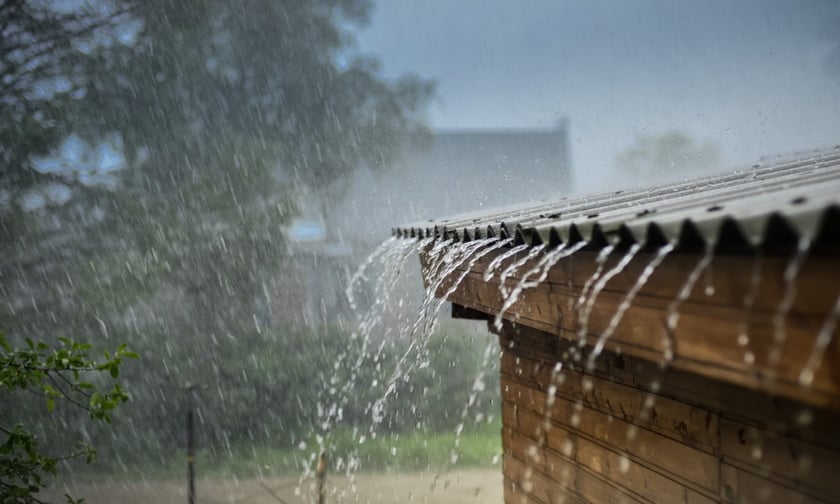

As New Zealand enters its prime real estate purchasing season, a development has emerged: a vast majority of homebuyers are now weighing the impact of natural disasters on their property choices.
This insight comes from a recent Earthquake Commission (EQC) Toka Tū Ake NeilsenIQ study, revealing that 89% of individuals either in the midst of buying a home or planning to do so soon are taking natural hazard considerations into account.
The country's susceptibility to a range of natural threats, such as earthquakes and volcanic activity, alongside a growing frequency of extreme weather conditions leading to incidents like flooding and coastal erosion, has put natural hazard awareness at the forefront for potential homeowners.
Jo Horrocks, chief resilience and research officer at EQC Toka Tū Ake, noted that the country's exposure to these risks has significantly raised public consciousness, particularly in light of the destruction wrought by last year's severe weather occurrences.
“We are highly exposed to natural hazard risks in New Zealand, including a range of geological hazards like earthquakes and volcanoes. We also face increasing exposure to severe weather events and the resulting hazards such as flooding and coastal inundation,” she said. “It is not surprising that the devastation caused by the severe weather events last year has made New Zealanders more aware of natural hazard risks.”
Horrocks highlighted the value of informed decision-making, championing the use of tools like the Natural Hazards Portal. This platform provides access to data on over 360,000 claims handled by EQC Toka Tū Ake since 1997, furnishing buyers with detailed histories of natural hazard damages across locations.
Horrocks advised buyers to explore local council records for any pertinent natural hazard information related to their intended purchase and to ensure any structural modifications or building works have received proper authorisation.
“In addition, investigate what features of a home might make it more at risk of damage from natural hazards, such as older chimneys, secure foundations, and structurally important retaining walls,” she said. “Then, consider the potential cost of any construction or repair work needed and then talk with your lawyer about how this might affect your offer. Vendors can take action before listing a home to improve the strength and safety of features that might pose a concern for would-be buyers.”
The EQC's data comes on the back of a non-profit organisation's survey that revealed a growing concern among homeowners regarding the escalating costs of house insurance.
